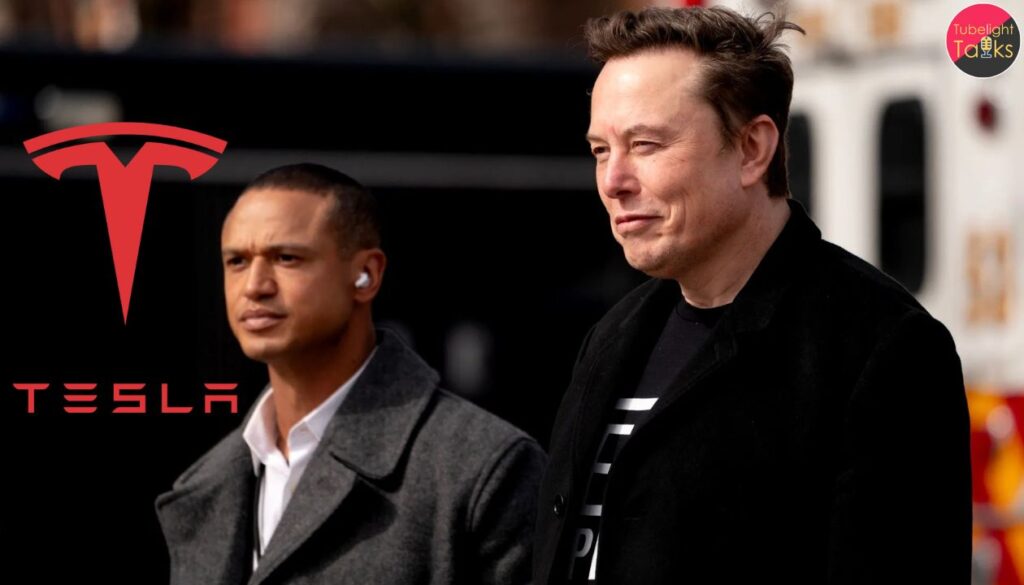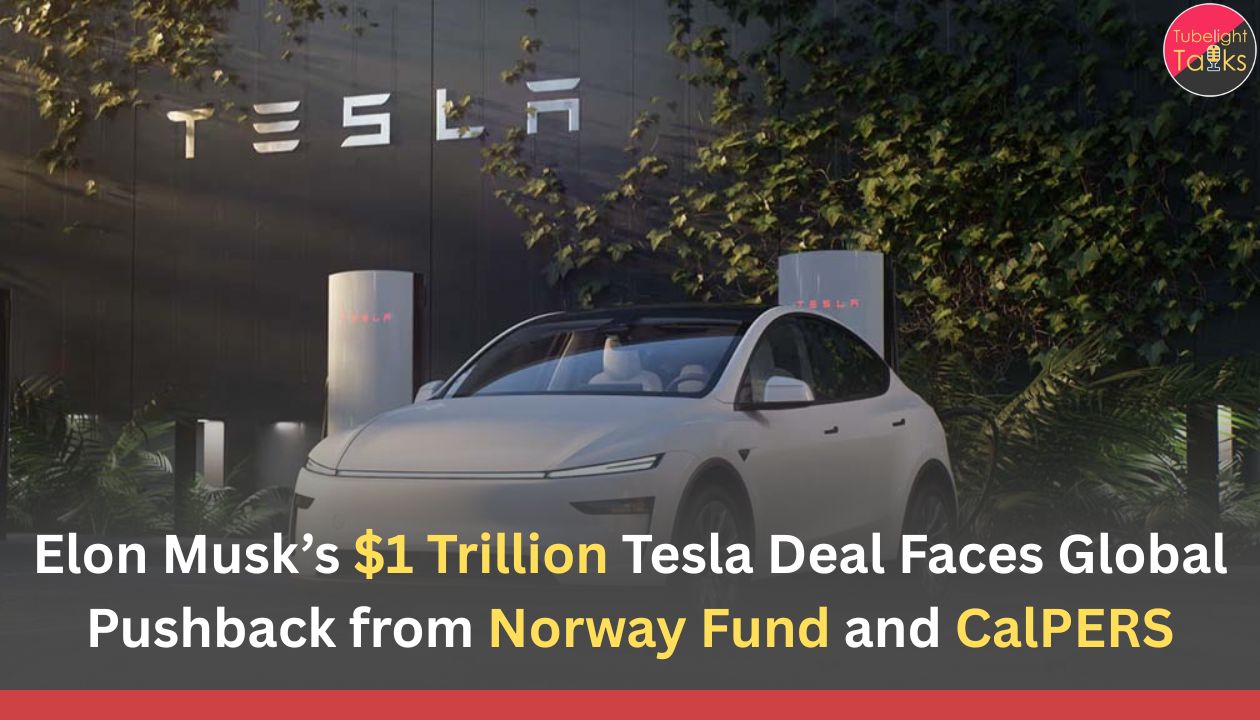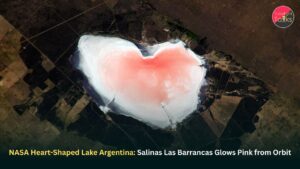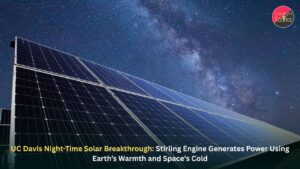Elon Musk’s $1 Trillion Tesla Deal Faces Global Pushback from Norway Fund and CalPERS
Elon Musk’s proposed $1 trillion Tesla deal pay package has sparked intense global criticism from some of the world’s largest investors. Norway’s $2.1 trillion sovereign wealth fund and the California Public Employees’ Retirement System (CalPERS) have both announced they will vote against the plan. The proposal, which could make Musk the world’s first trillionaire, is being challenged over its size, concentration of power, and governance risks. With key shareholders and advisory firms recommending rejection, Tesla’s most ambitious executive reward package faces one of the toughest shareholder tests in corporate history.
Key Takeaways on Elon Musk’s $1 Trillion Tesla Pay Package
- Historic Scale: The proposed pay deal could be worth over $1 trillion, making it the largest compensation package ever for a corporate executive.
- Investor Resistance: Major shareholders such as Norway’s $2.1 trillion wealth fund and CalPERS, the largest U.S. pension plan, have pledged to vote against it.
- Concerns Cited: Investors argue the deal is too large, causes share dilution, and increases dependency on a single person.
- Performance Conditions: Musk’s full payout depends on Tesla reaching an $8.5 trillion market cap by 2035.
- Governance Divide: Shareholder advisory firms ISS and Glass Lewis also recommend voting against the package, citing excessive risk.
Norway’s Sovereign Wealth Fund Takes a Stand
The world’s largest sovereign wealth fund, Norges Bank Investment Management (NBIM), which manages Norway’s $2.1 trillion oil fund, has confirmed that it will vote against Elon Musk’s $1 trillion Tesla pay package.
NBIM, which holds about 1.1–1.14% of Tesla shares valued between $11–17 billion, cited concerns about the total size of the award, dilution, and lack of safeguards to mitigate the risk of Tesla’s over-reliance on Musk’s leadership.
The fund stated:
“While we appreciate the significant value created under Mr. Musk’s visionary role, we are concerned about the total size of the award, dilution and lack of mitigation of key person risk.”
This marks the second time the Norwegian fund has opposed Musk’s pay. Last year, it voted against his $56 billion package, which was later struck down by a Delaware court in December 2024.
Tesla Board’s Effort to Retain Musk
Tesla’s board, led by chair Robyn Denholm, insists that the new pay package is essential to retain Elon Musk.
Denholm has argued that if Musk were to leave, the company would lose significant value. She also told the Financial Times that while she does not believe Musk would make a “sudden and detrimental” move if the vote fails, the company cannot risk losing him.
The board’s letter to shareholders warned that Musk’s leadership has been central to Tesla’s transformation into a trillion-dollar company and that failure to retain him could threaten future innovation.
Musk’s Response and Public Reactions
Musk has repeatedly defended his compensation plan.
On X (formerly Twitter), he wrote:
“Tesla is worth more than all other automotive companies combined. Which of those CEOs would you like to run Tesla? It won’t be me.”
He also called shareholder advisory firms Glass Lewis and ISS “corporate terrorists” after they urged investors to vote against the plan.

Despite the controversy, Musk remains Tesla’s largest shareholder, holding about 16% of the company’s stock. If the package passes, his ownership could rise to over 25%, potentially making him the world’s first trillionaire.
CalPERS Joins the Opposition
Adding to the pressure, CalPERS, the largest public pension fund in the United States, has also announced it will vote against the pay deal.
Drew Hambly, CalPERS’ global equities investment director, said:
“The CEO pay package proposed by Tesla is larger than pay packages for CEOs in comparable companies by many orders of magnitude. It would also further concentrate power in a single shareholder.”
CalPERS holds about 5 million Tesla shares and has consistently opposed Musk’s earlier pay proposals, including the 2018 and 2024 packages.
Divided Shareholders and Market Impact
Tesla’s annual meeting, scheduled for November 6 in Austin, Texas, has drawn global attention. While Musk continues to rally support from retail investors, large institutional shareholders remain divided. Tesla shares fell between 2.5% and 3% in early trading after the Norwegian fund’s announcement.
Meanwhile, Musk’s relationship with Norway’s fund CEO Nicolai Tangen has become tense. A Freedom of Information request revealed Musk declined Tangen’s dinner invitation after the fund’s earlier opposition, texting:
“When I ask you for a favour, which I very rarely do, and you decline, then you should not ask me for one until you’ve done something to make amends. Friends are as friends do.”
The Broader Context of Tesla’s Challenges
Beyond executive pay debates, Tesla is facing declining global sales.
- Vehicle deliveries fell 13% in the first half of the year.
- European sales dropped sharply: −89% in Sweden, −86% in Denmark, −50% in Norway, and −48% in the Netherlands.
- Chinese shipments from the Shanghai factory fell 10% year-on-year in October.
- The expiry of the $7,500 U.S. EV tax credit has further slowed demand.
Despite these challenges, Tesla’s market capitalization remains around $1–1.5 trillion, with Musk’s net worth estimated at $504 billion, mostly tied to Tesla stock.
Spiritual Perspective: The Real Measure of Success Beyond Wealth
The debate over Elon Musk’s $1 trillion Tesla pay deal reflects how material ambition can eclipse the true meaning of success. Spiritual knowledge teaches that real achievement lies in balance, not excess.
As Saint Rampal Ji Maharaj explains, wealth and fame are temporary, but peace, humility, and compassion are lasting treasures. Leadership driven by responsibility and ethics brings harmony, while greed leads to unrest.
This controversy reminds us that the highest profit is inner peace — something money can never buy. To learn about true spiritual wealth and the path to lasting happiness, visit www.jagatgururampalji.org or watch Sant Rampal Ji Maharaj on YouTube.
Also Read: Why the Billionaire Class Is Investing in Longevity Tech
What Lies Ahead for Tesla and Musk
As Tesla prepares for its crucial shareholder vote, global scrutiny continues to intensify. The outcome will determine not just the fate of the largest pay package in corporate history, but also Tesla’s governance model and investor confidence.
Whether shareholders reward Musk for his past achievements or reject the plan to curb corporate concentration, the decision will shape Tesla’s direction for the next decade — and possibly define how the world values leadership in the age of trillion-dollar companies
FAQs on Elon Musk’s $1 Trillion Tesla Pay Package Controversy
1. Why is Norway’s sovereign wealth fund opposing Elon Musk’s $1 trillion Tesla pay package?
Norway’s $2.1 trillion wealth fund opposes Musk’s pay deal citing excessive size, shareholder dilution, and lack of safeguards against key-person dependency on Elon Musk.
2. What conditions must Elon Musk meet to receive the $1 trillion Tesla pay package?
Musk’s pay package depends on Tesla reaching an $8.5 trillion market capitalization by 2035, along with specific operational and performance milestones.
3. Which major investors have rejected Elon Musk’s $1 trillion pay plan?
Norway’s sovereign wealth fund, CalPERS, Glass Lewis, ISS, and several U.S. pension funds have publicly announced opposition to Musk’s $1 trillion compensation plan.
4. What happens if shareholders reject Elon Musk’s proposed Tesla compensation deal?
Musk has hinted he may step down as Tesla’s CEO if the $1 trillion pay package is rejected by shareholders at the annual meeting.
5. When will Tesla shareholders vote on Elon Musk’s $1 trillion pay package?
Tesla shareholders are scheduled to vote on the proposed $1 trillion pay deal during the company’s annual meeting on November 6, 2025, in Austin, Texas.











Discussion (0)